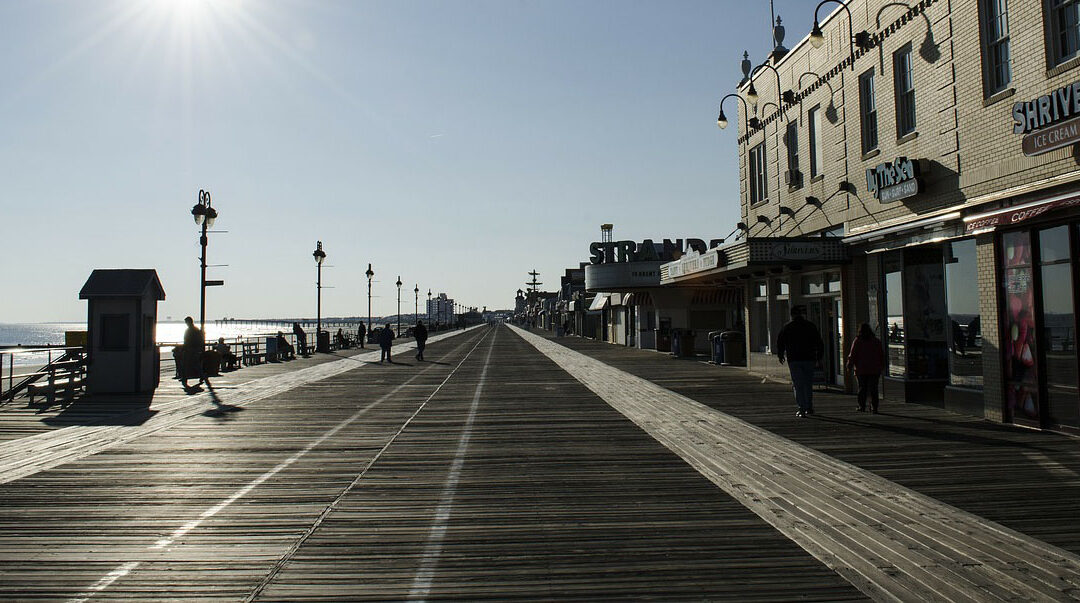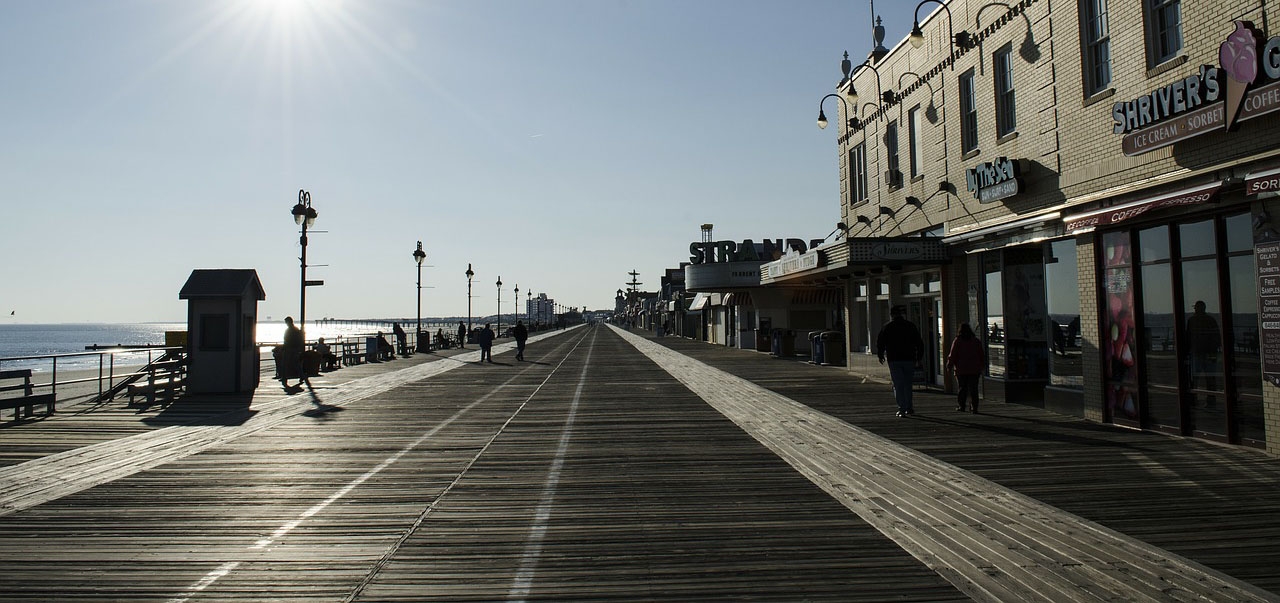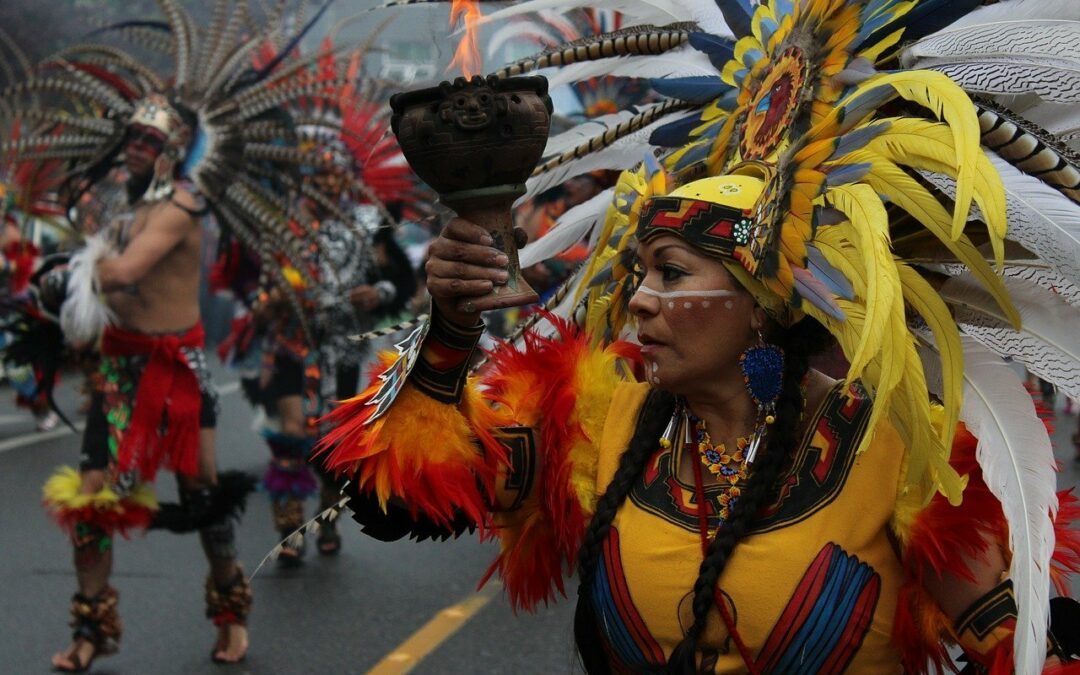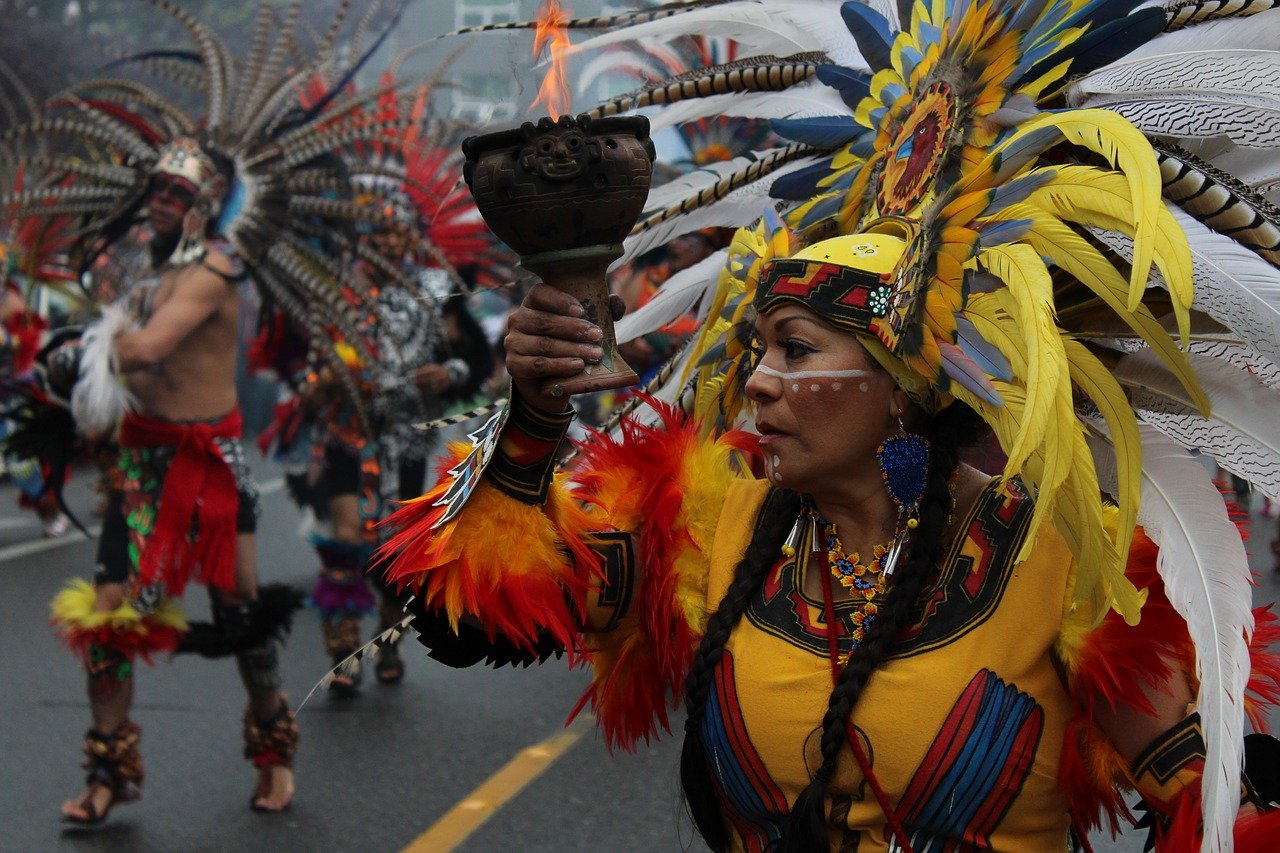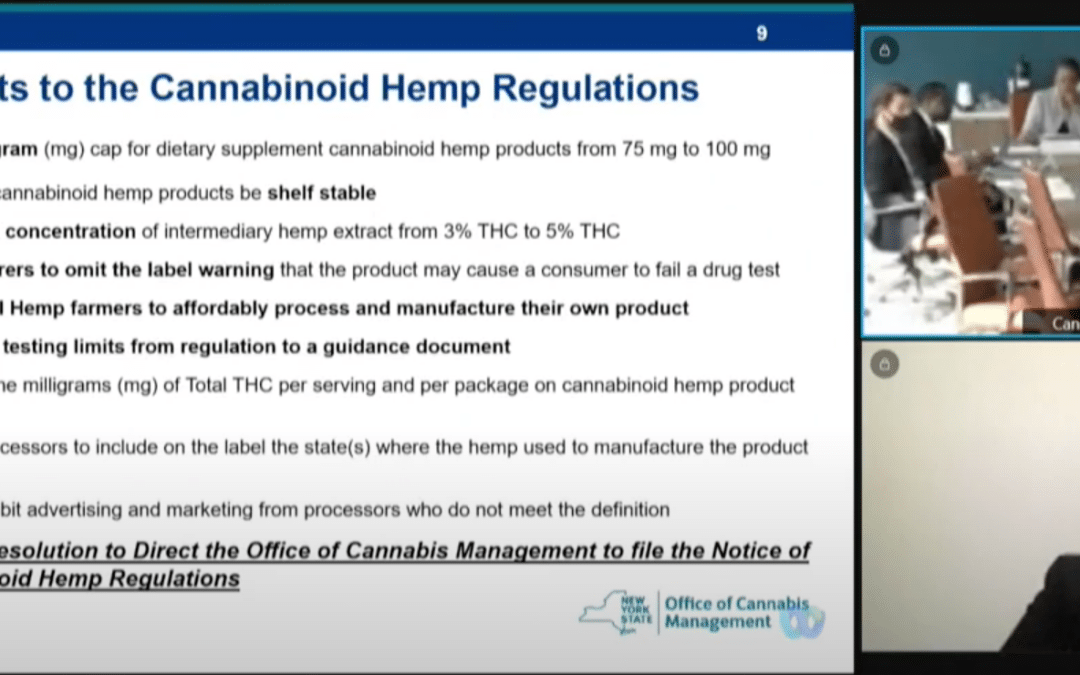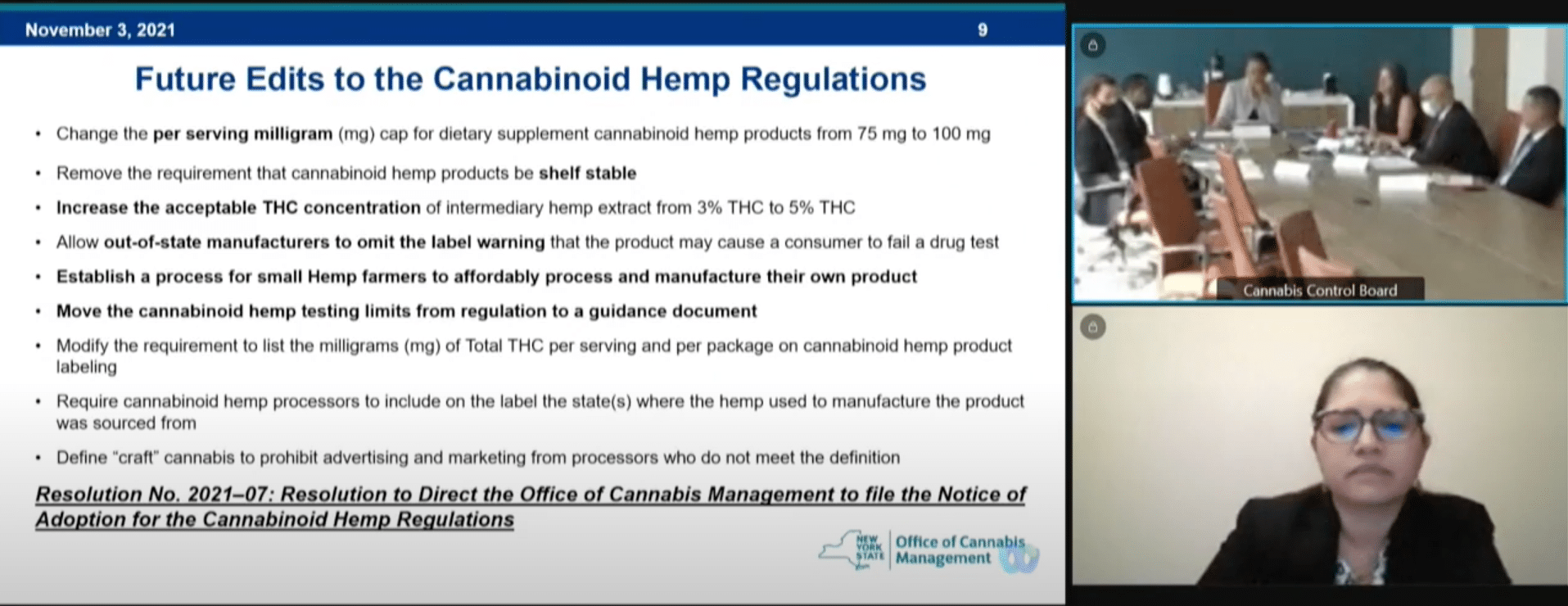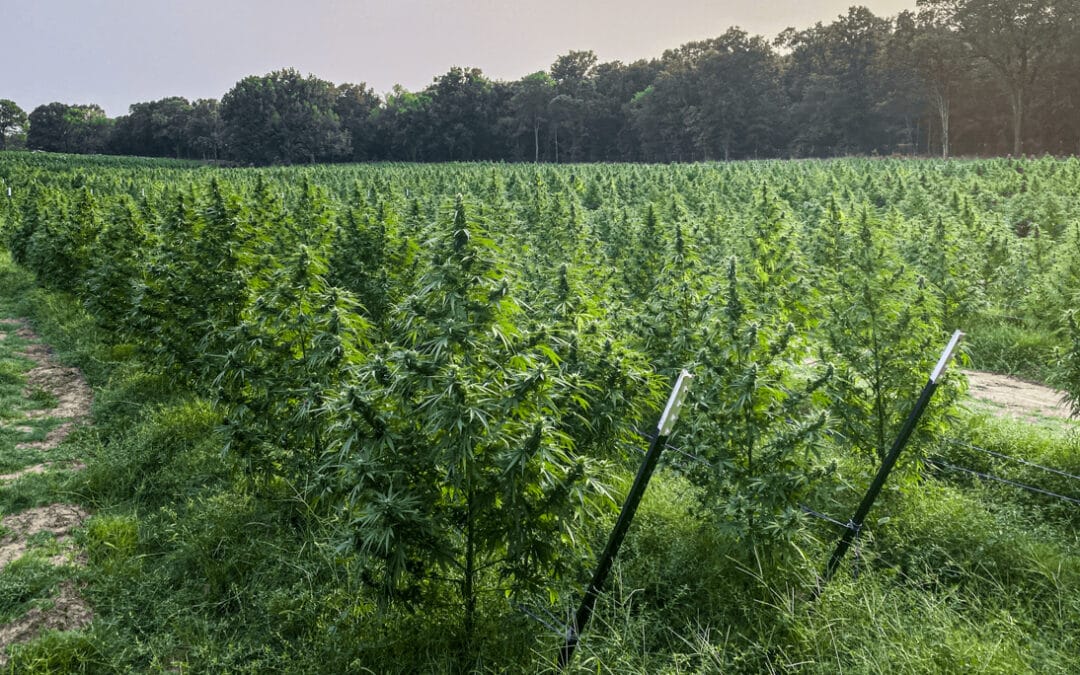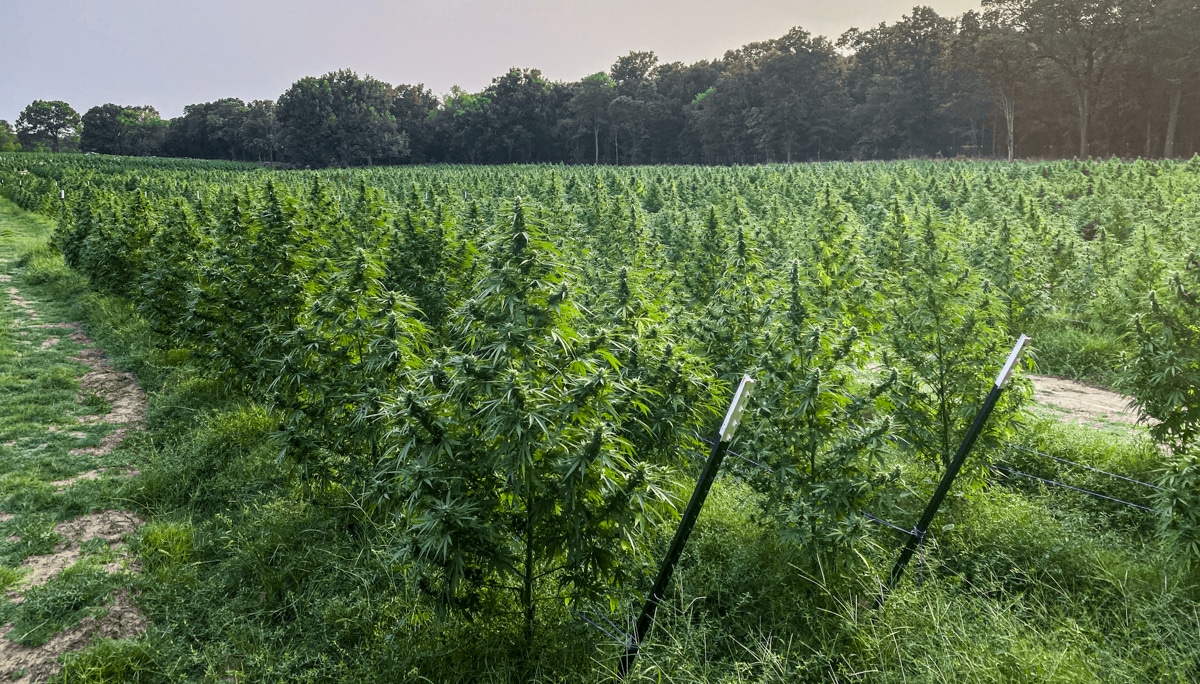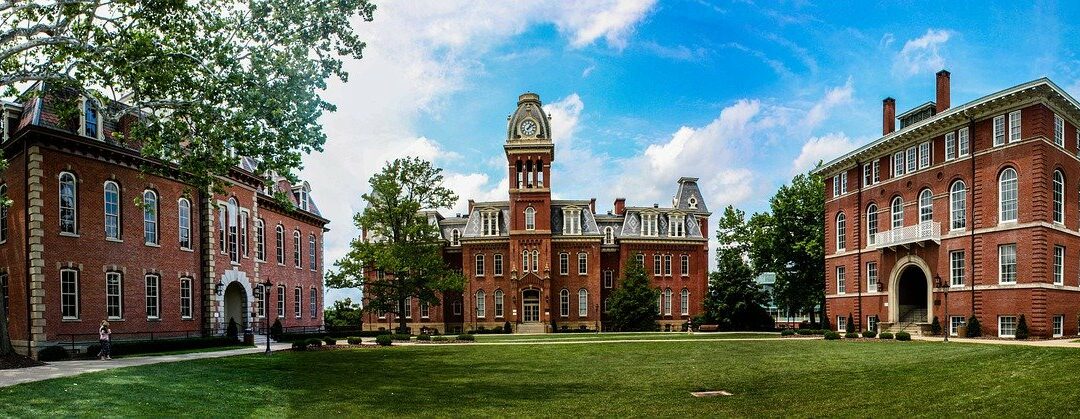
West Virginia opening first medical cannabis dispensary

MORGANTOWN, W.Va. (AP) — West Virginia’s first medical cannabis dispensary is opening more than four years after state lawmakers allowed a regulatory system for those products to be established.
Trulieve Cannabis Corp. is set to debut a retail location in Morgantown on Friday with a second shop opening in Weston next Monday.
“We’re thrilled to be first to market in West Virginia and to continue building the foundation for the West Virginia’s emerging medical cannabis market,” Trulieve CEO Kim Rivers said in a statement.
She said the company’s goal is to “bolster local economies by creating sustainable jobs and investing in marginalized communities.”
The 2017 state law allows for medical cannabis use in pills, oils, topical gels, liquids, dermal patches and a form that can be vaporized.
In order to access and buy products from a dispensary, residents must have a West Virginia medical marijuana card. Residents with serious medical conditions can register for the card at www.medcanwv.org.

